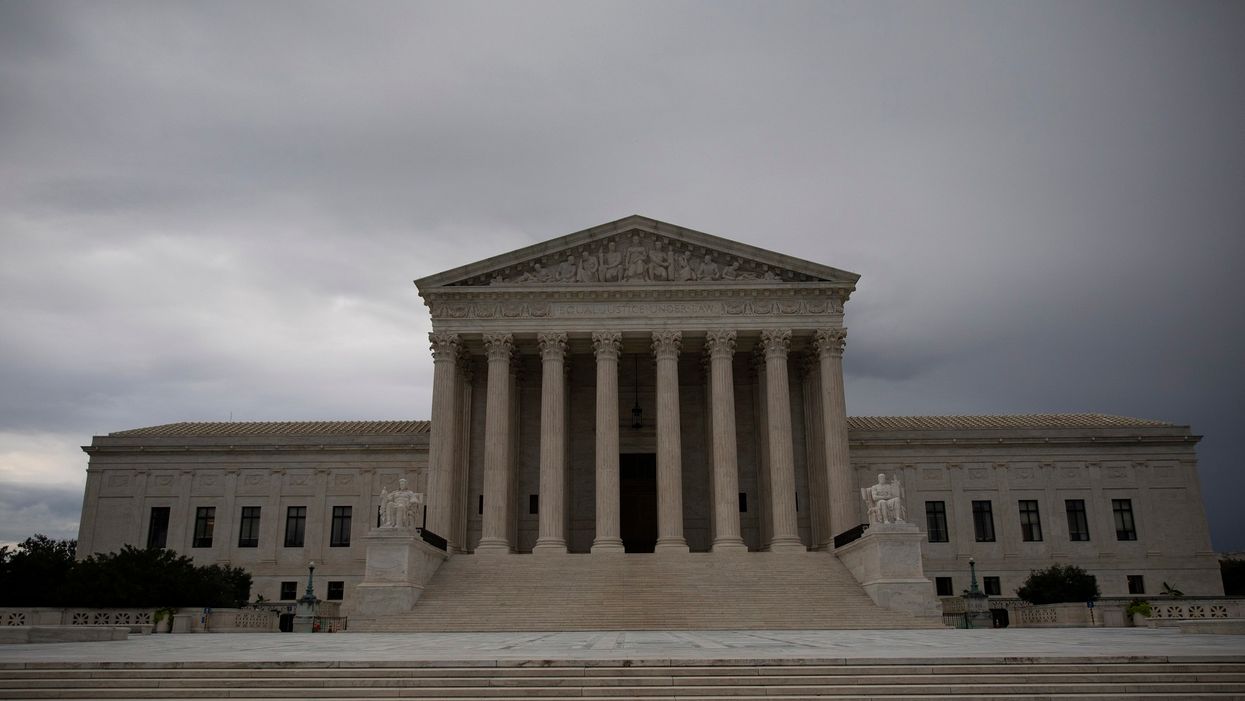
Drew Angerer/Getty Images

Decision puts case on hold to allow for a full review
The Supreme Court temporarily blocked a Louisiana abortion law on Thursday, issuing a 5-4 decision in favor of placing a hold on enforcement of the law to allow for a full review of the case. Chief Justice John Roberts voted with the court's four liberals in the decision.
The law in question was Louisiana's Unsafe Abortion Protection Act of 2014, which required that doctors performing abortions must "[h]ave active admitting privileges to a hospital that is located not further than thirty miles from the location at which the abortion is performed or induced and that provides obstetrical or gynecological health care services."
Three years ago, the court struck down a similar Texas law as being "unduly burdensome" to a woman's right to choose abortion in a 5-3 decision. Pro-choice groups argue that the ruling on the Texas law set legal precedent, according to USA Today.
On Thursday, Chief Justice John Roberts sided with the court's four liberal justices in putting Louisiana's law on hold.
Associate Justice Brett Kavanaugh wrote a dissenting opinion on the case, arguing that the law should have been allowed to go into effect because the state had agreed to extend an additional 45 days for abortion doctors to obtain admitting privileges, the Associated Press reported.
Justices Samuel Alito, Neil Gorsuch and Clarence Thomas sided with Kavanaugh but did not sign on to his written dissent.
CNBC reported that the law had been set to go into effect Monday but was held up pending the Supreme Court's decision. Opponents argue that Louisiana's new restrictions would result in the closure of clinics providing abortions and would therefore block access to the procedure. Proponents cast doubt on that assertion, arguing that abortion doctors were capable of seeking hospital privileges and therefore able to comply.
Nancy Northup, president and CEO of the Center for Reproductive Rights hailed the decision, telling The Washington Post, "The Supreme Court has stepped in under the wire to protect the rights of Louisiana women."
"The three clinics left in Louisiana can stay open while we ask the Supreme Court to hear our case," she continued. "This should be an easy case — all that's needed is a straightforward application of the court's own precedent."
The court could decide in the coming months to revisit the case in its term beginning this October, according to the AP. The case is June Medical Services v. Gee.